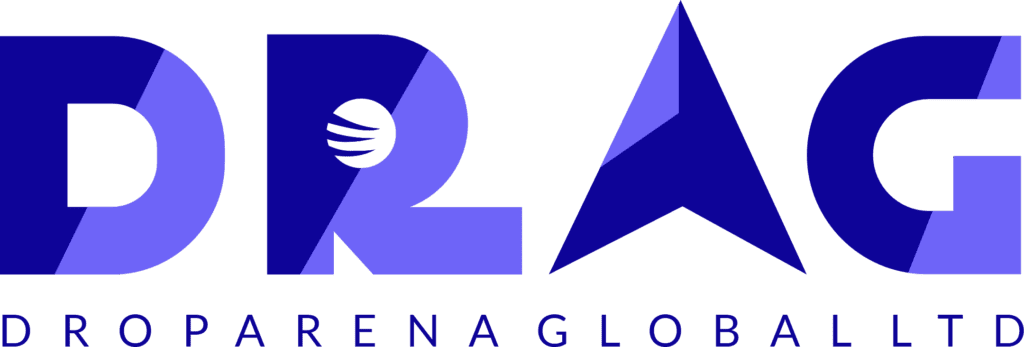Your website is the face of your business in the digital world. A well-designed website can elevate your brand, attract new customers, and generate leads, while a poorly designed one can drive potential clients away. To ensure your business stands out online, choosing the right web design partner is crucial. But with so many options out there, how do you find the best fit? In this guide, we’ll walk you through key considerations when selecting a web design agency that aligns with your goals and vision.
1. Understand Your Needs and Goals
Before you start searching for a web design partner, it’s essential to have a clear understanding of what you need. Ask yourself the following questions:
- What is the primary purpose of your website? Is it to generate leads, sell products, or provide information?
- What specific features or functionality do you need (e.g., e-commerce, booking systems, payment integration)?
- Do you need additional services like SEO, content creation, or digital marketing?
Having a well-defined scope will not only help you choose a partner who can meet your needs but also make the process more efficient.
2. Evaluate Their Portfolio
A web design partner’s past work is a strong indicator of their capabilities. When evaluating agencies, look through their portfolio to see if they have experience in your industry or have worked on similar projects. Key things to look for:
- Variety in Design: Do they have experience creating websites with different styles and functionalities, or are their designs too similar?
- User Experience (UX): Are the websites they’ve built user-friendly and easy to navigate?
- Mobile-Responsiveness: Make sure their designs look great and function well on mobile devices.
A good portfolio will give you insight into the quality and range of their work, helping you decide if they can deliver what you’re looking for.
3. Look for a Strategic Partner, Not Just a Vendor
The best web design partners are those who go beyond just delivering a website. They take the time to understand your business, audience, and long-term goals, and offer strategic input. When speaking with potential partners, assess whether they:
- Offer ideas on improving your vision.
- Understand the market and competition.
- Suggest strategies that align with your business growth.
Choose an agency that sees your website as a critical business asset and is committed to its success.
4. Check Their Technical Expertise
Design is important, but so is the technology behind the website. Your web design partner should have solid technical expertise to ensure your site runs smoothly. Here are some technical aspects to consider:
- CMS Experience: Do they work with content management systems (CMS) like WordPress, Shopify, or custom-built platforms? Ensure the CMS they use is something you can easily manage after launch.
- SEO Knowledge: A great-looking website is useless if it doesn’t show up in search engines. Make sure your partner understands SEO best practices and incorporates them into the design process.
- Performance Optimization: Speed matters. Ask if they prioritize fast-loading websites and how they ensure optimal performance.
5. Communication and Collaboration
A successful web design project requires strong communication and collaboration between you and the agency. From the initial discovery phase to the final launch, you’ll need a partner that keeps you in the loop, listens to your feedback, and adapts to your needs. Some questions to ask:
- How will we communicate throughout the project (e.g., email, video calls, project management tools)?
- What is their process for incorporating feedback?
- How often will they provide updates?
Choose a partner who values transparency, is responsive, and is willing to collaborate closely throughout the project.
6. Consider Post-Launch Support and Maintenance
A website is not a one-and-done project—it requires ongoing maintenance to stay updated, secure, and optimized. Ensure your web design partner offers post-launch support. Ask if they:
- Provide website maintenance plans for updates, security patches, and bug fixes.
- Offer hosting or have recommendations for reliable hosting services.
- Can provide future enhancements or updates as your business grows.
Choosing a partner who offers long-term support ensures your website continues to evolve with your business.
7. Understand Their Pricing Model
Web design pricing can vary widely depending on the complexity of your project and the agency’s experience. Make sure you get clear pricing details upfront. When evaluating proposals:
- Ask for a breakdown of costs (design, development, content creation, etc.).
- Understand their payment terms and any ongoing costs (e.g., maintenance, hosting).
- Avoid choosing a partner based solely on price—focus on the value they bring.
Remember, your website is an investment, so prioritize quality and expertise over the lowest price.
Conclusion
Choosing the right web design partner is a critical decision that can have a lasting impact on your business. By understanding your needs, evaluating portfolios, and ensuring the agency has the right expertise and communication style, you can find a partner who will help your business thrive online.
If you’re ready to elevate your website and build a powerful digital presence, contact us at DRAG to learn how we can help. And don’t forget to follow us on Twitter and LinkedIn for more insights and tips!

